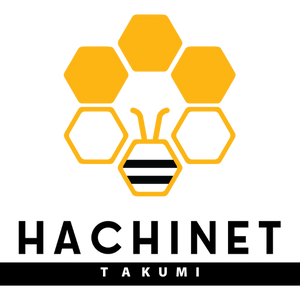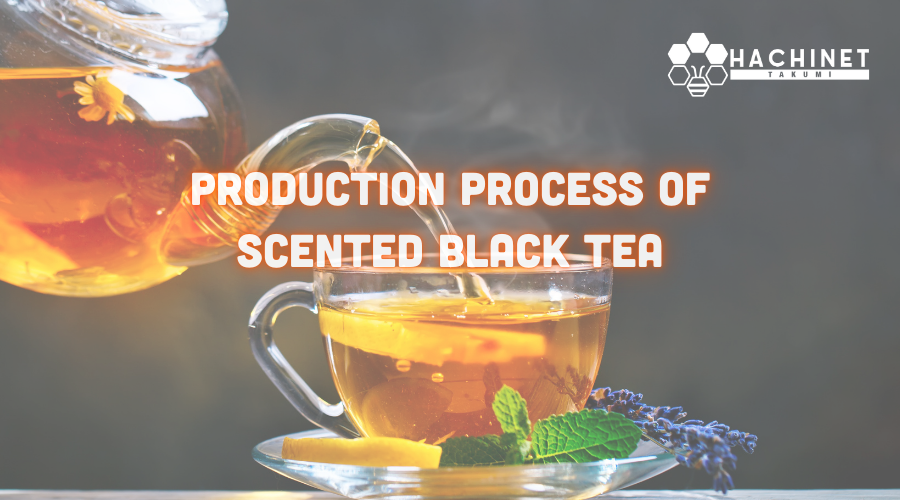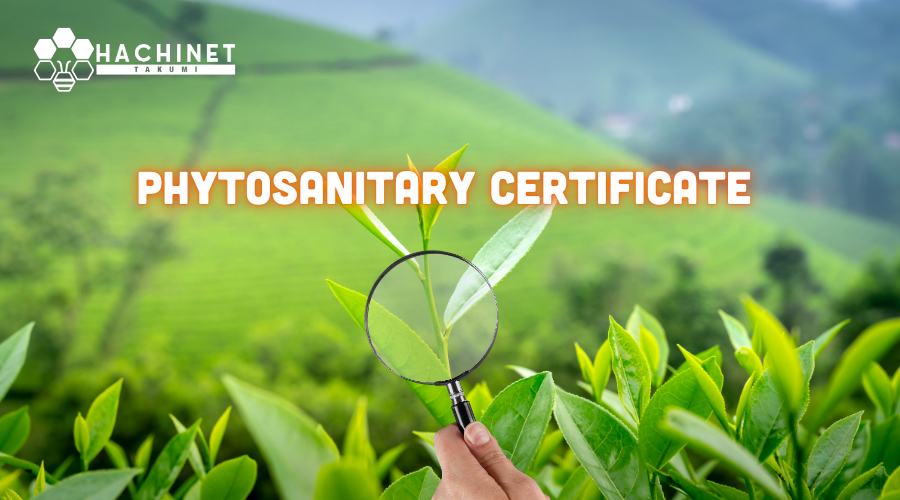The Vietnamese tea dominates the market in Taiwan
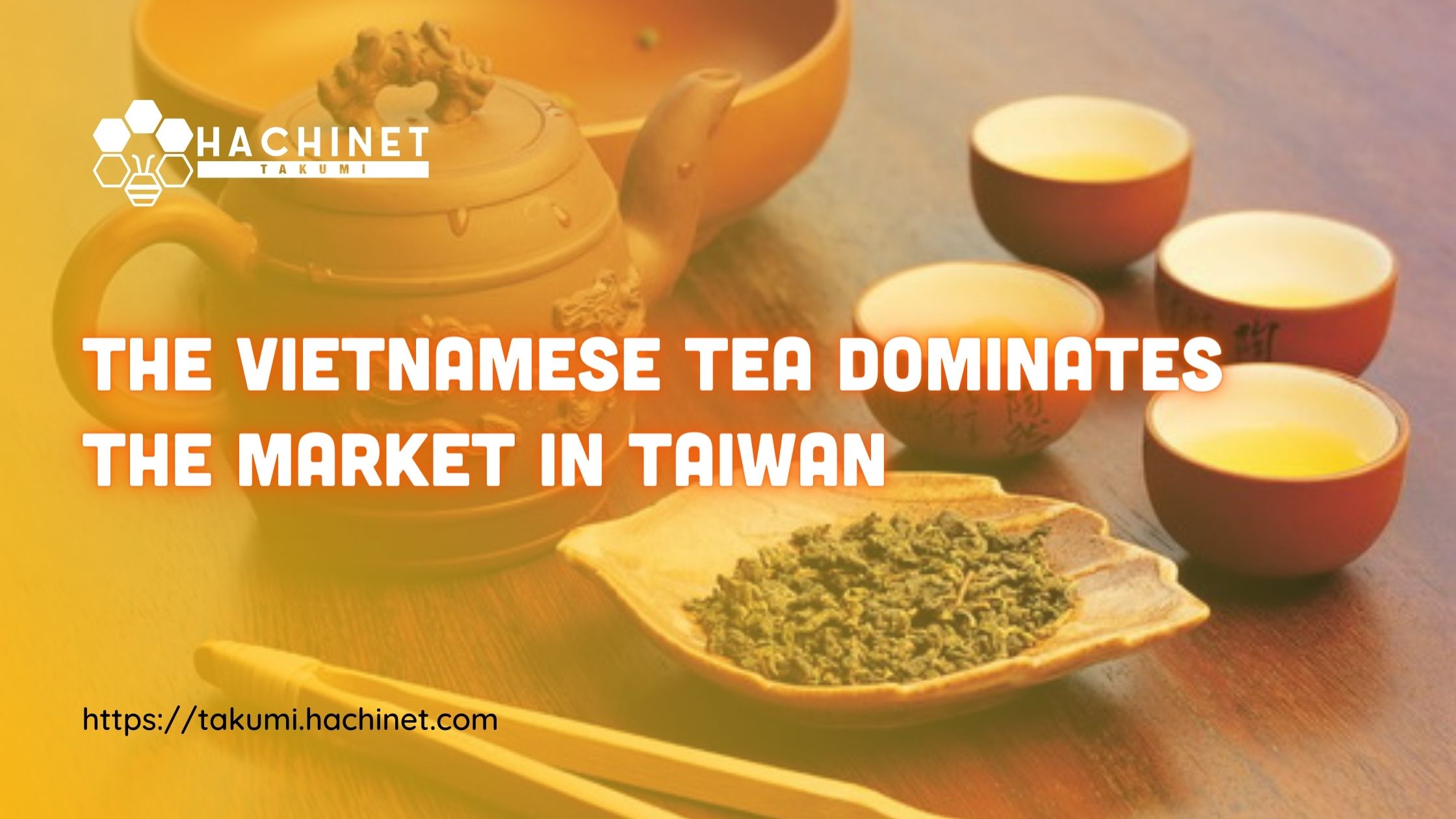
Vietnamese exported tea accounts for over 50% of Taiwan's total tea imports, but it is primarily used in food processing that incorporates tea, such as bubble tea. Tea for daily consumption or as gifts constitutes a very small proportion. Vietnamese tea holds over 50% of Taiwan's total tea imports.
At the export consultation session for tea and coffee products to Taiwan and Hong Kong on April 28th, Ms. Nguyen Thu Thuy, Deputy Director of the Export Support Center (Department of Trade Promotion - Ministry of Industry and Trade), stated that Vietnam has a competitive advantage in tea production. Vietnam boasts over 170 varieties of tea, ensuring quality and high productivity, with unique flavors favored by the world. Vietnamese tea products have been exported to over 70 countries and territories, with Pakistan, Taiwan, Russia, Indonesia, and China being the top 5 key markets for Vietnamese tea.
In 2021, Vietnam's tea exports to Taiwan reached 18,586 tons, equivalent to $28.72 million, increasing by 7.5% in both volume and value, accounting for 14.7% of the total volume and 13.4% of the total value of tea exports.
According to the Ministry of Industry and Trade, in the first two months of 2022, Taiwan imported the most tea from Vietnam, reaching 2 thousand tons valued at 3 million USD, up 3.5% in volume and 0.9% in value compared to the same period in 2021. Vietnamese tea imports accounted for 47.7% of Taiwan's total tea imports in the first two months of the year.
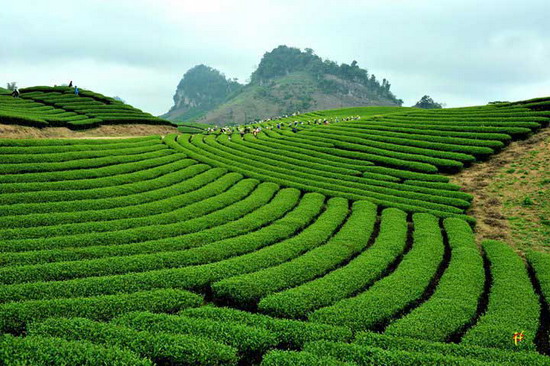
Mr. Vu Van Cuong, Head of the Trade Office, Economic and Cultural Office of Vietnam in Taipei (China), mentioned that Vietnam is the main tea supplier to Taiwan. In recent three years, the proportion of Vietnamese tea in this market has decreased, now only accounting for 56%, compared to nearly 70% in 2014-2015. The reason for this decrease, according to Mr. Vu Van Cuong, is Taiwan's amendment of food safety regulations in 2015, which raised standards for tea, significantly reducing the amount of Vietnamese tea exported to Taiwan, as many Vietnamese businesses failed to meet the residue tolerance threshold for pesticides.
Currently, the main competitors of Vietnamese tea in this market are Sri Lanka (with a 15% share), India (10%), Indonesia (6%), and China (only 1.5%).
"The reason why China, as a major tea exporter in the world, exports less to Taiwan is because after joining the WTO, Taiwan unilaterally banned over 800 items originating from China, most of which were agricultural products. Taiwan mainly imports black tea from China, while green tea, scented tea, and other tea products are unilaterally banned. This has been an opportunity for Vietnamese tea, which has dominated the Taiwanese market for many years," emphasized Mr. Vu Van Cuong.
Additionally, Vietnam's tea success is also attributed to Taiwan's new Southbound policies. Since 1993, Taiwan and Vietnam have officially established economic and cultural representative offices on both sides, with significant Taiwanese investment in Vietnam. One of the strong areas of agricultural investment is Taiwanese entrepreneurs bringing tea varieties such as oolong tea to be grown in Vietnam.
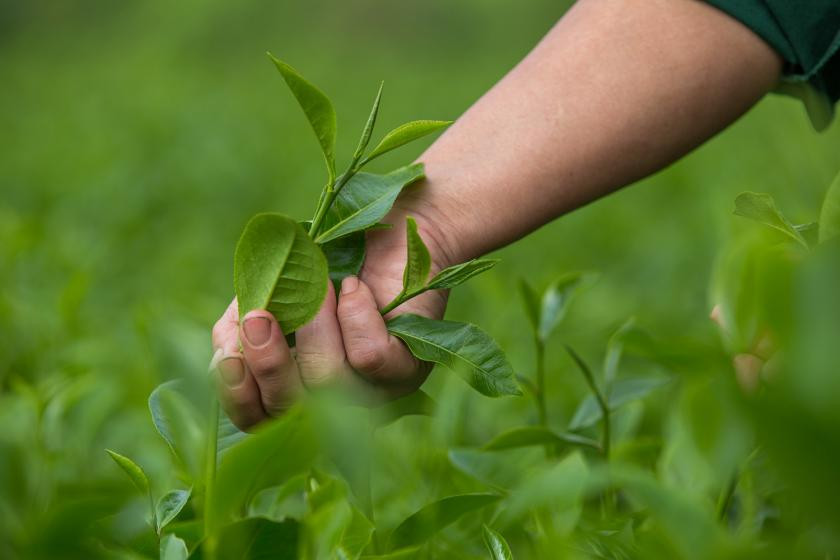
Despite being the main tea supplier to Taiwan with relatively large export volumes, Vietnam's tea prices are quite low.
According to the Taiwan Tea Processing Association in 2021, there is a large volume of tea exported to Taiwan weighing over 3kg, while small packages are scarce. Green tea accounts for a large proportion, and oolong tea is the majority.
Mr. Vu Van Cuong believes that Vietnamese tea raw materials are excellent. Vietnamese tea imported into Taiwan is mainly used in food processing that incorporates tea, such as bubble tea, and matcha powder. Therefore, Vietnamese tea imported into Taiwan is often packed in large bags, over 3kg per bag. In contrast, tea from other countries such as Japan and Sri Lanka imported into Taiwan is mainly packed in small bags, boxes, sold in specialty tea shops for Taiwanese consumers to brew for daily consumption or as gifts.
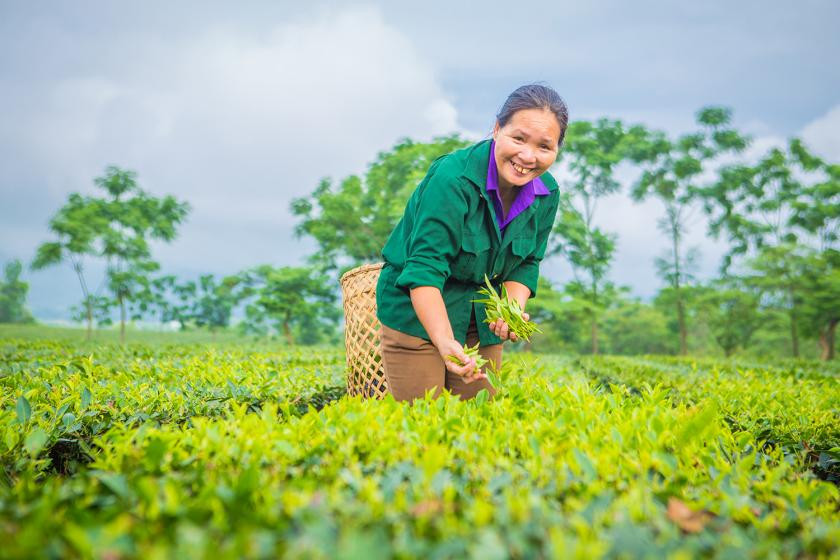
"Vietnamese tea businesses need breakthroughs in the coming time. Besides diversifying markets, it's necessary to diversify tea products. In addition to current tea types, investing in producing other types such as tea bags, tea cups..." Mr. Vu Van Cuong recommended.
Moreover, the quality of Vietnamese tea must meet Taiwan's standards. If the product meets good quality standards, there is a large space for Vietnamese tea in this market.
Mr. CHOU Tsung-Piao, Director General of Queyue Tea Company (Taiwan), also shared that according to surveys of Taiwanese consumers when purchasing tea, they are concerned about packaging, production information, production processes, and consumption, especially pesticide residue. 66.4% of respondents would buy tea through recommendations from friends and family, and 75% would buy tea if the producer and seller are clear. This shows that consumers have a demand for food safety.
"Promoting high-quality tea, verifying the origin, ensuring tea safety... are important tasks that businesses need to pay attention to. Tea products entering Taiwan must undergo pesticide residue testing. If not guaranteed, they will not be allowed to enter Taiwan," Mr. CHOU Tsung-Piao recommended.
